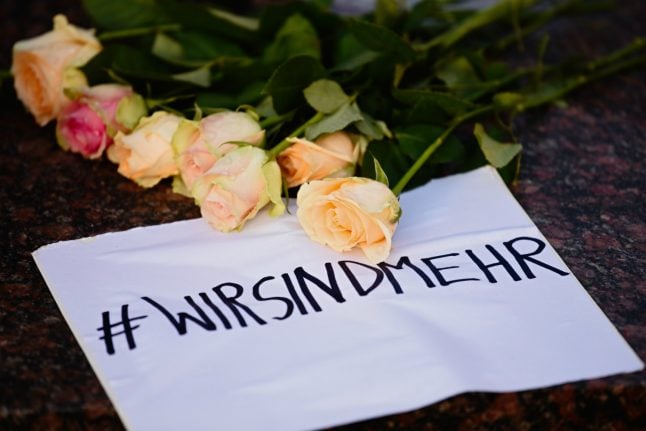A warrant has been issued for a man in connection with the shooting and the prosecutor has confirmed that police have a number of leads in the hunt for the suspect.
“We have a few lines of enquiry,” prosecutor Lena Kastlund said.
The charge has been raised from attempted murder to murder after the woman’s death at Sahlgrenska University Hospital on Tuesday morning.
Kastlund is otherwise unwilling to divulge further details on the case, although confirmed that the woman was familiar with the alleged assailant.
“They were in the same circle of acquaintances,” she said.
The prosecutor declined to divulge the man’s age.
The 33-year-old woman, who is reported to have three children, was on Saturday found lying outside of a residential building in which she lived in the Sävedalen area of the city.
She was rushed to Östra hospital after police responded to an alarm call at around 6.30pm.
Police spent Saturday evening talking to the woman’s neighbours and identified the suspect over the weekend.
If the man is not detained in the coming days the prosecutor could seek to have the man remanded in absentia, which would enable an international arrest warrant to be issued.
“I could imagine that a remand application could be made towards the end of the week or in the beginning of next week,” Lena Kastlund said.
Police have confirmed that the crime took place outside, but have declined to confirm the weapon used or any possible motive.



 Please whitelist us to continue reading.
Please whitelist us to continue reading.
Member comments